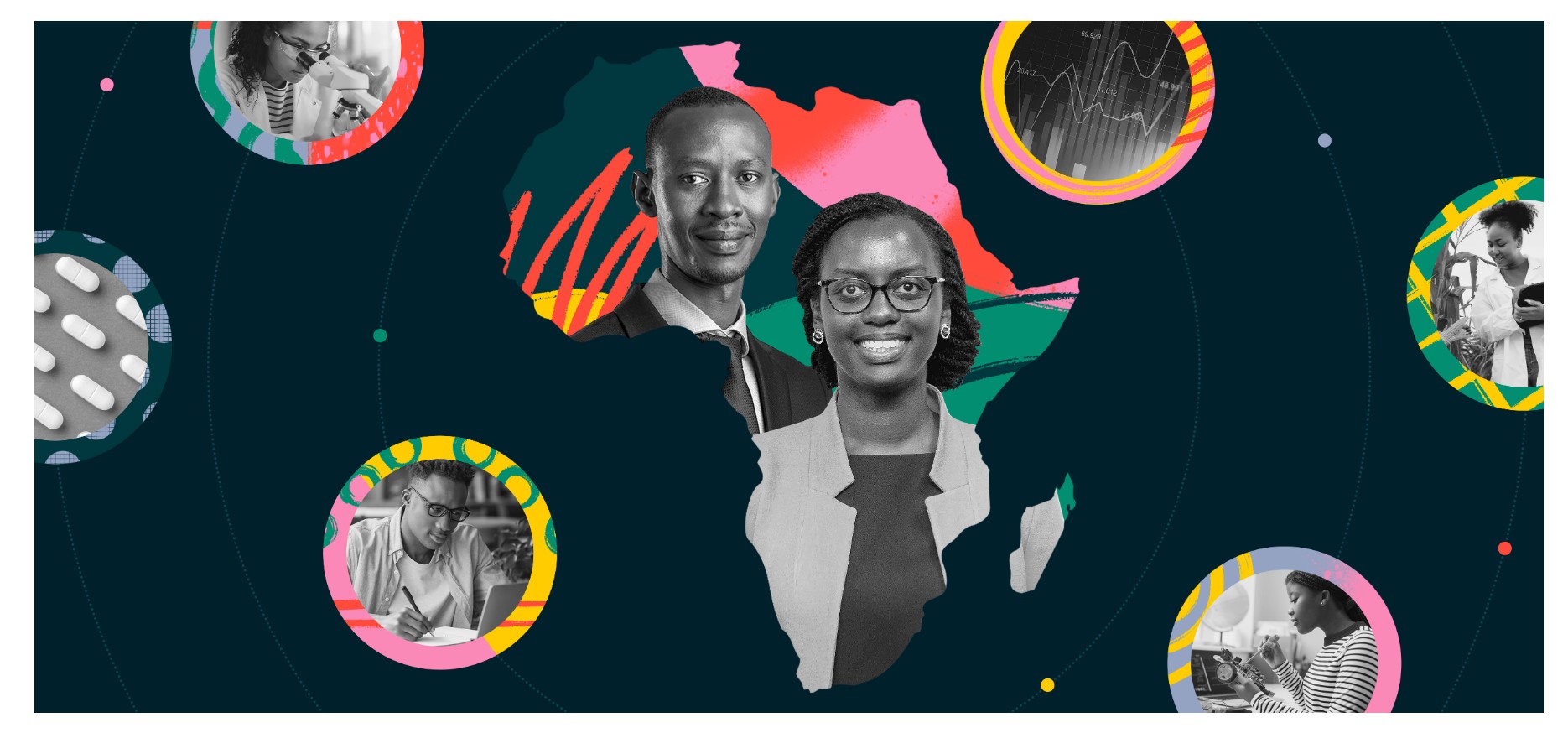Regional
How Umushyikirano is a game changer
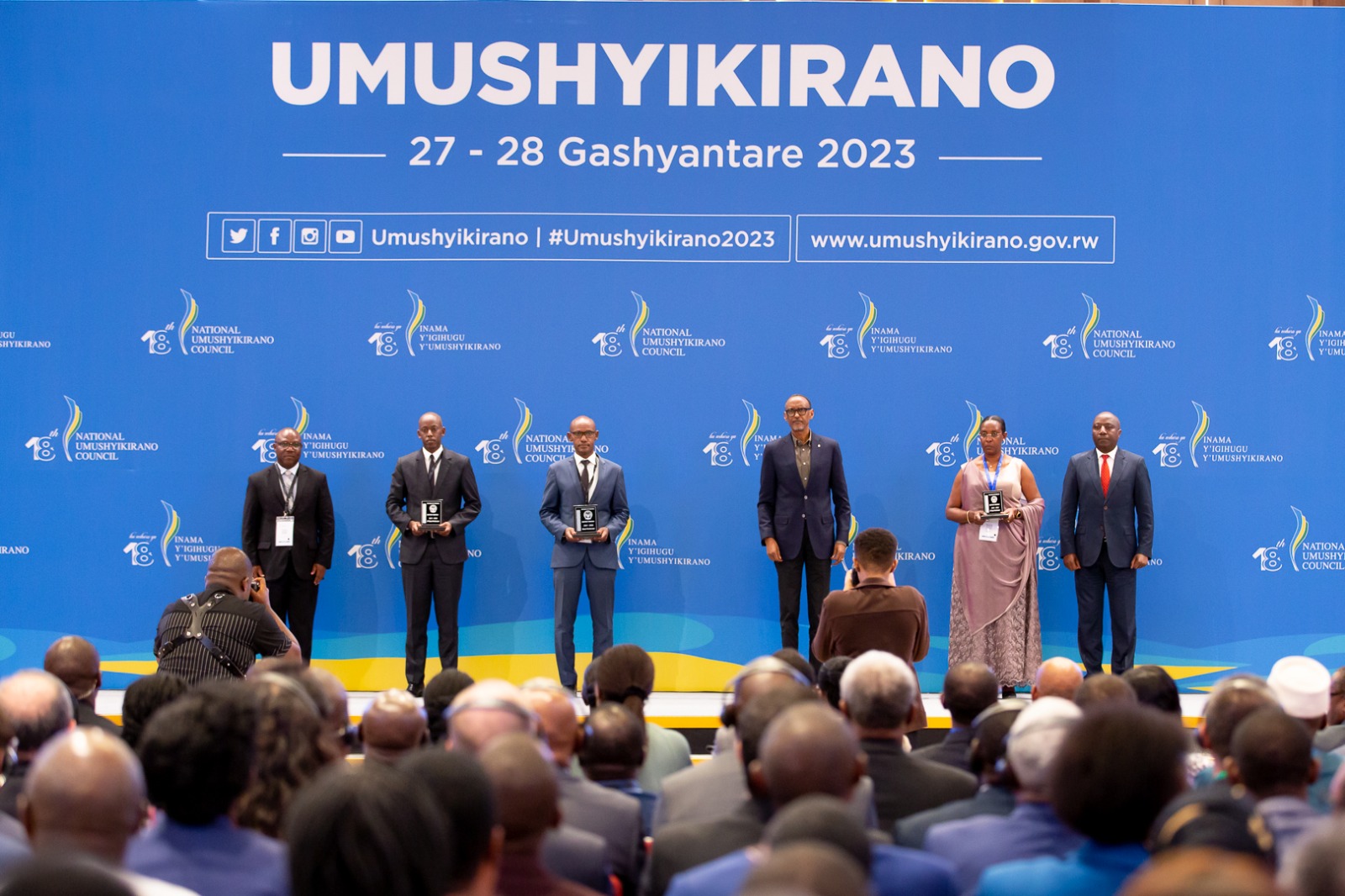
In
December 2019, during Umushyikirano, a primary school teacher, Theodosie
Uwihirwe, raised a concern.
She
told the gathering that teachers like her were at the time placed in category
three of the Ubudehe socioeconomic classification. She explained how this excluded
their children from the list of students who are eligible for government
scholarship.
Uwihirwe
then requested that Ubudehe categorization be removed from the set of
conditions based on to offer students university scholarships.
After
a month, in January 2020, the government announced that socioeconomic status would
no longer be considered in offering university scholarships and bursaries.
From
then onwards, student's academic abilities would be put into consideration when
determining who qualifies for government scholarships.
Introduced
in 2003, the annual National Umushyikirano Council gave birth to many ideas and
initiatives that made important contributions to the well-being of Rwandans and
national building.
The
One Cow per poor family program emerged from the 2006 Umushyikirano. Agaciro
development Fund (Rwanda's sovereign wealth fund) was initiated at the same
annual dialogue in 2011.
Following
the open and direct discussions between Rwandans and their leaders from both the
public and private sectors, each Umushyikirano produces resolutions to be
implemented in the following year and reviewed in next National Dialogue Council.
The
17th Umushyikirano adopted 12 resolutions which positively impacted
Rwandans lives as presented in 18th Umushyikirano on February 27 to
28 following three years of suspension (2020-2022) due to the Covid-19
Pandemic.
Among
them there were the decision on relocating residents from wetlands and
high-risk zones to safer places; building more classrooms to solve the problem
of overcrowded classrooms; introducing reforms in education sector; promoting
Made in Rwanda products and services; improving health posts across the country;
accelerating poverty eradication; establishing facilities for SMEs to store
their products; and fostering Early Child Development (ECD) activities for the
best of children’s physical, social and emotional well-being.
By February 2023, there were more than 30,000 home,
community center and school based ECDs from which approximately one million
children countrywide access early child development services.
Despite
the pandemic which triggered the largest global economic crisis, Rwanda has
tried to implement the resolutions.
Some
614 families, comprising 2,558 people were relocated from the wetlands of
Kangondo and Kibiraro villages of Gasabo District to Busanza model village in
Kicukiro District to protect them from disasters caused by heavy rains.
The village residents now enjoy a better life, security is guaranteed, markets, schools and health centers are near them.
By October 2021, Rwanda had constructed a total of 22,214
classrooms across the country, costing $126 million. This solved the problem of
overcrowded classrooms and reduced the distances travelled by students going to
and returning from schools that hindered the learning of children.
The government improved the welfare of teachers by increasing their salary up to 88 per cent for primary teachers and 40 per cent for secondary teachers. Furthermore, Rwf5 billion was allocated to Umwarimu Sacco to strengthen liquidity conditions and access to finance by teachers.
Rwanda’s health sector was also improved, in spite of the
overburden and pressure of Covid-19 pandemic to health systems. To date, the government
has built 510 health centers, 1,245 health posts and 56 hospitals across the
country. They are equipped with adequate facilities to help doctors and nurses
serve patients effectively and facilitate Rwandans to easily access health
services.
The 17th edition of Umushyikirano, requested
government to collaborate with the Private Sector Federation (PSF) to improve
industries’ capacity especially in promoting Made in Rwanda products and
services. Young entrepreneurs and women who produce locally made products were
given a free exhibition space provided by the City of Kigali in the Car-Free
Zone to gain a wider market.
The years 2019, 2020 and 2022 have seen more Made in Rwanda exhibitions
in Kigali and abroad in countries like Sweden and the UAE which offered a platform
to local firms to interact with international buyers, widen their market reach
and grow their enterprises.
Small and medium enterprises were facilitated and the government
constructed 1,477 drying grounds and shelters, 525 storage and warehouse
facilities throughout the country and purchased 45 drying machines to reduce
post-harvest damage.
In order to maintain the quality of products exported to
foreign markets, 77 cold rooms were built, 50 built by government and 27 by
private sectors.
Umushyikirano has been a
game changer to Rwandans. They directly engage with their leaders, asking them
questions, holding them to account, and participating in the decision making
process.
The National Dialogue
Council is one of the home-grown
solutions that has hugely contributed to Rwanda’s development.


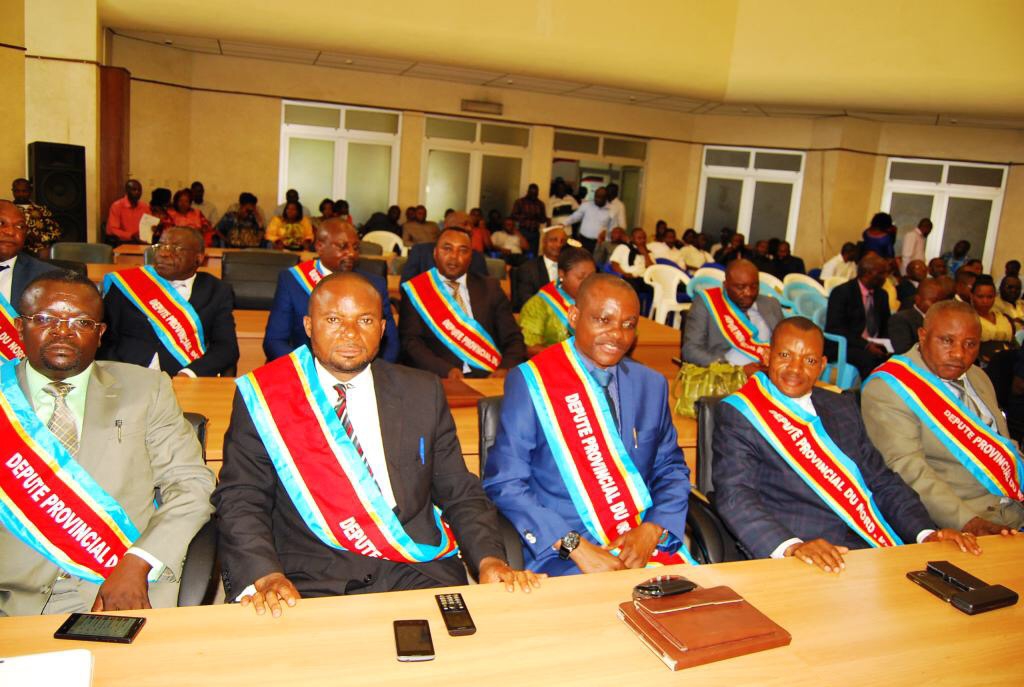
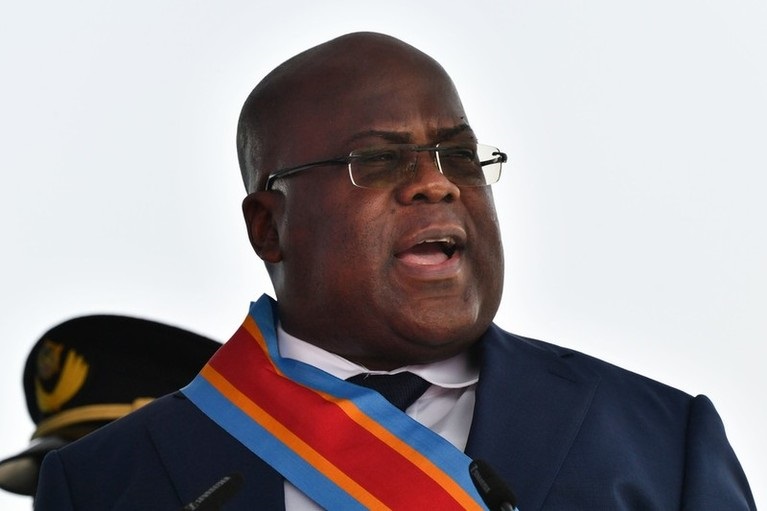
.jpeg-20230228104008000000.jpeg)
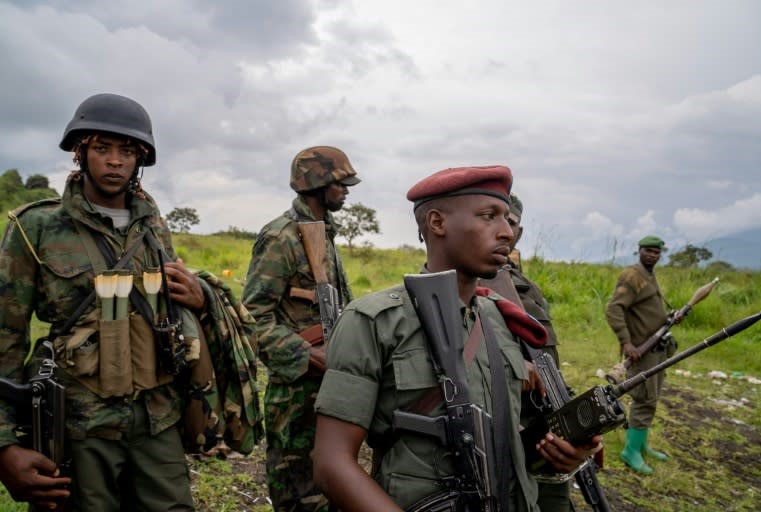

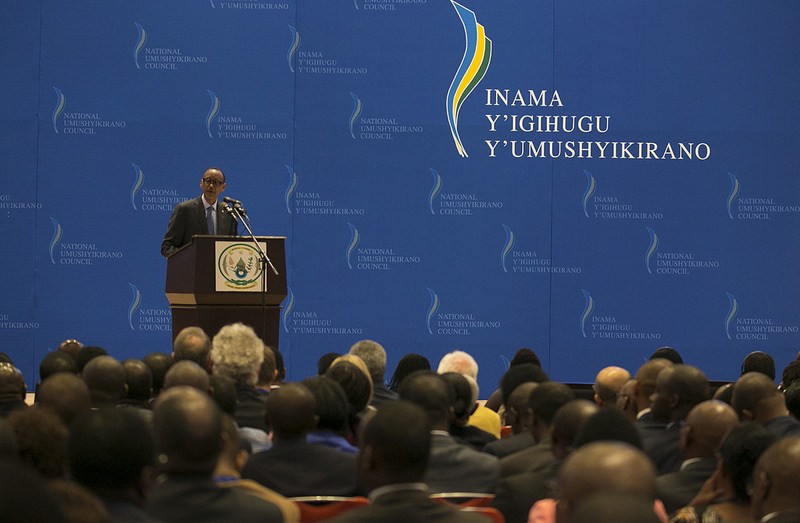
.jpeg-20230224104259000000.jpeg)
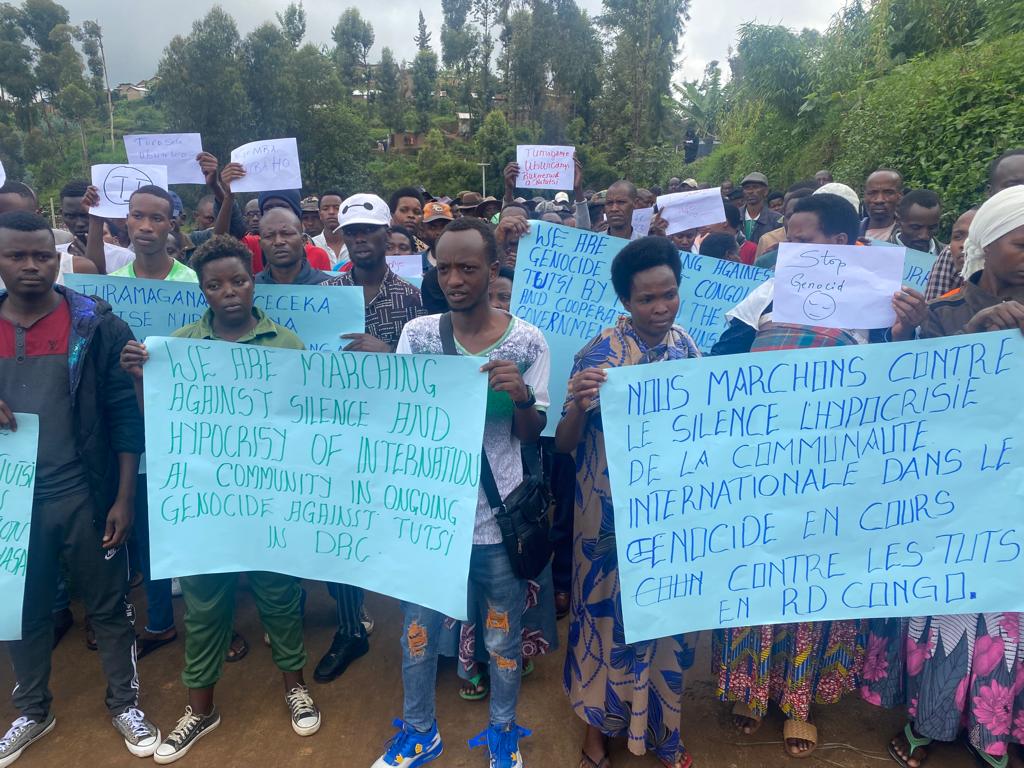
.jpeg-20230222113211000000.jpeg)
